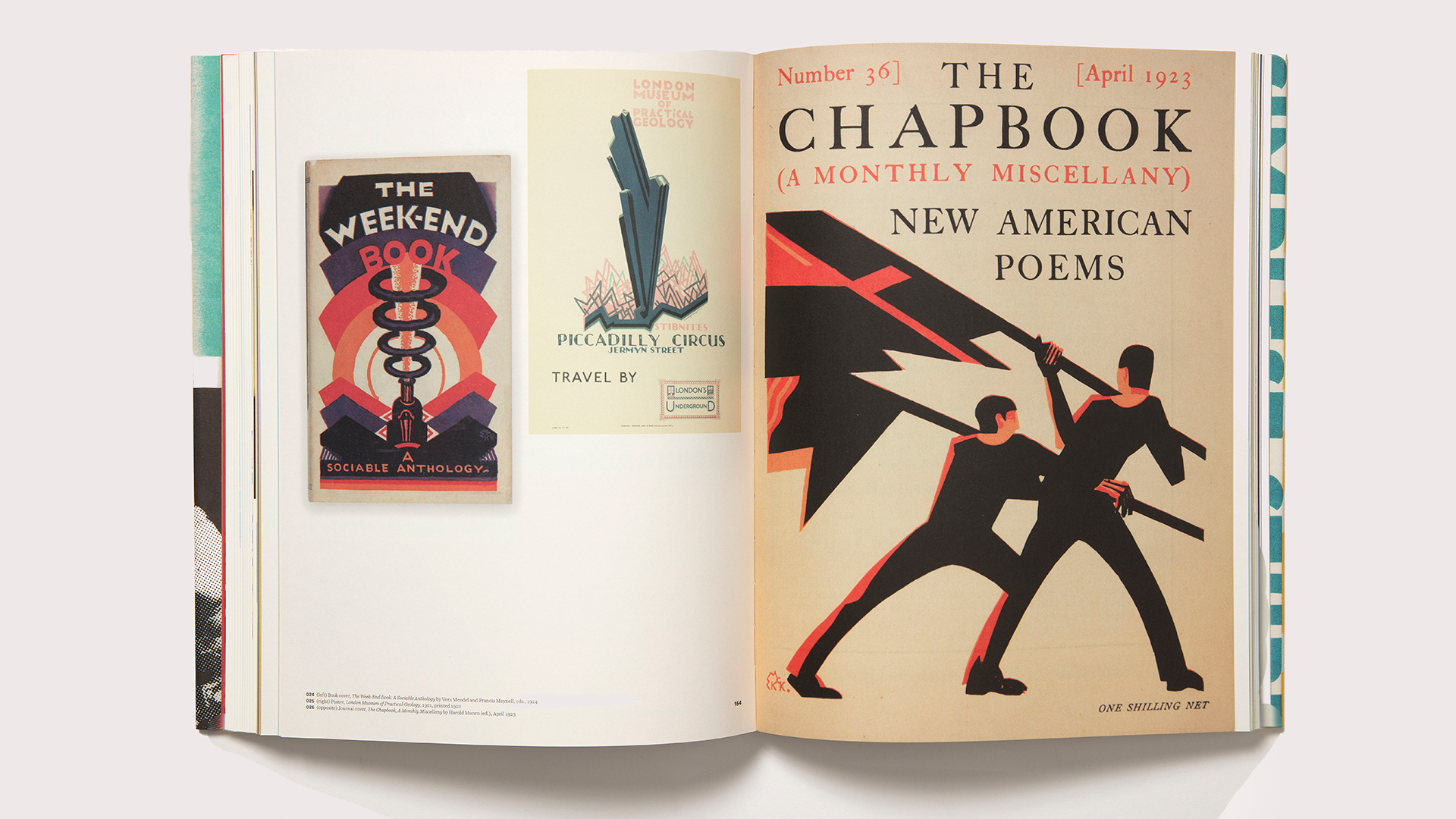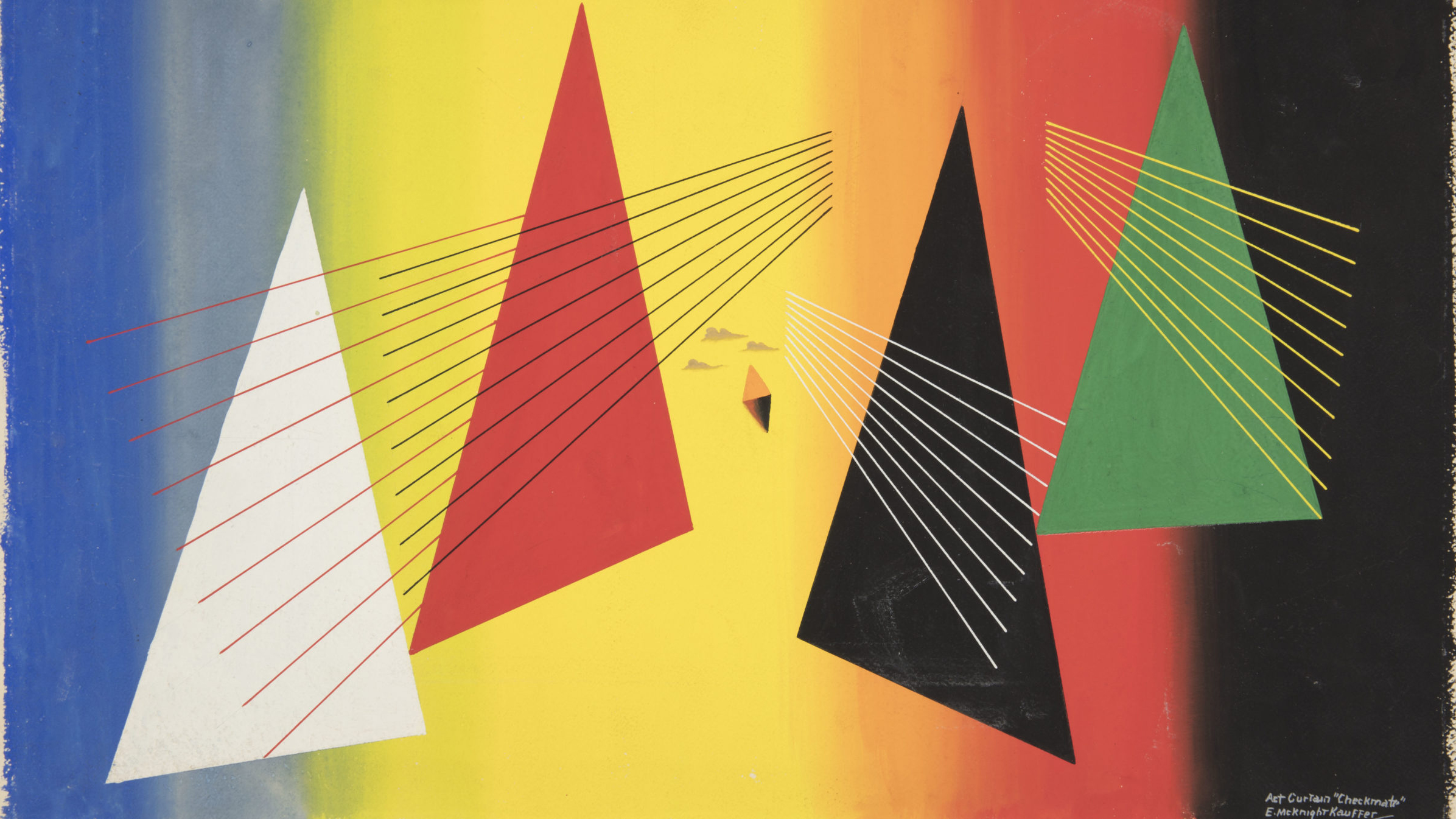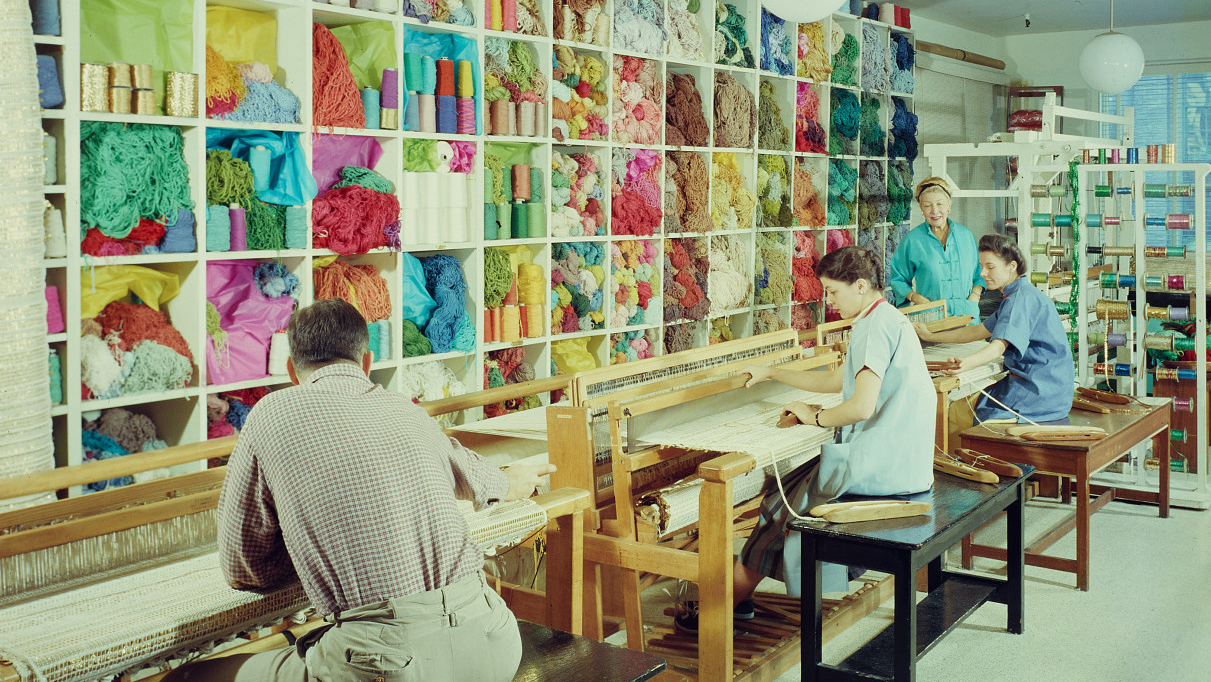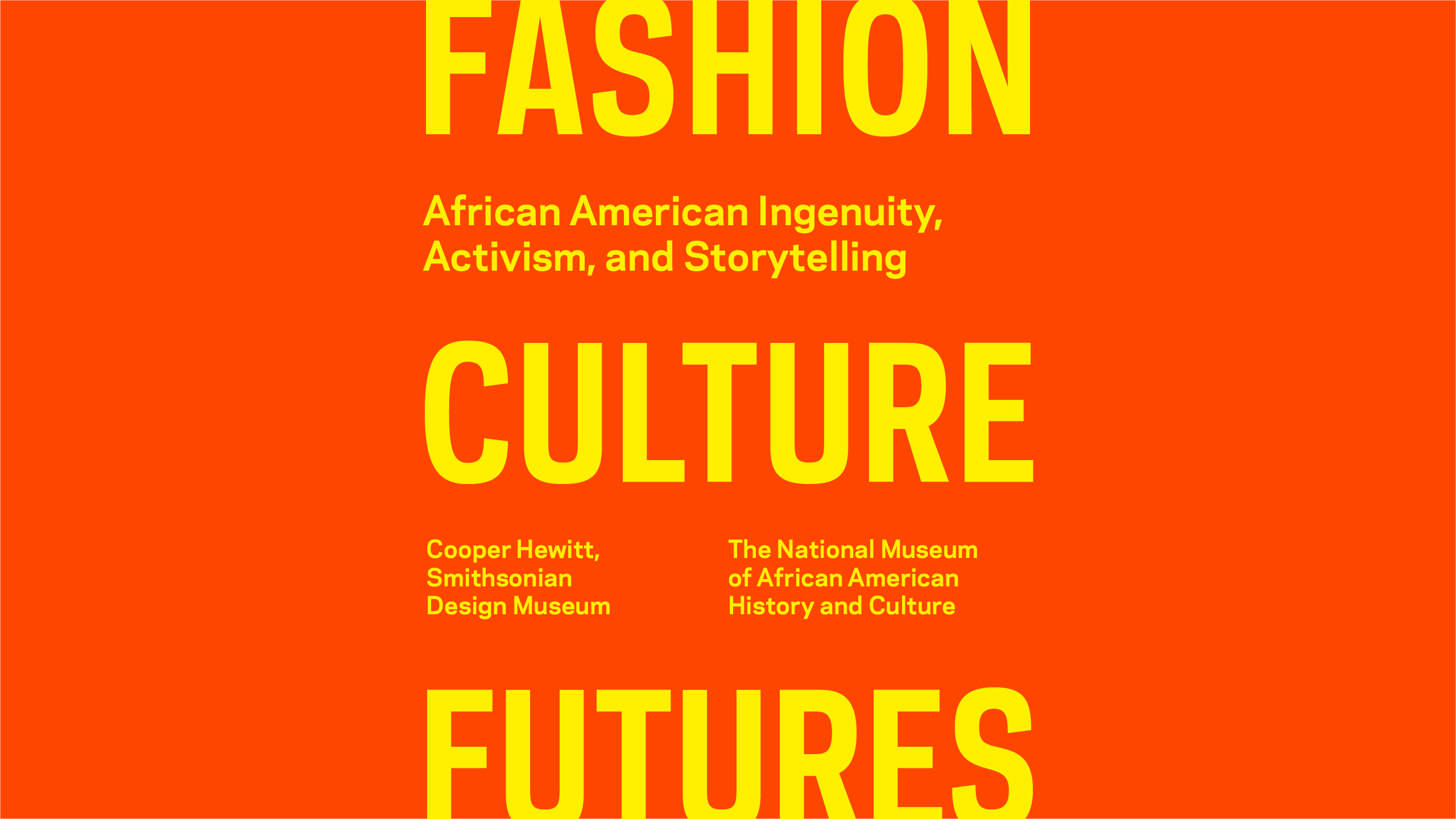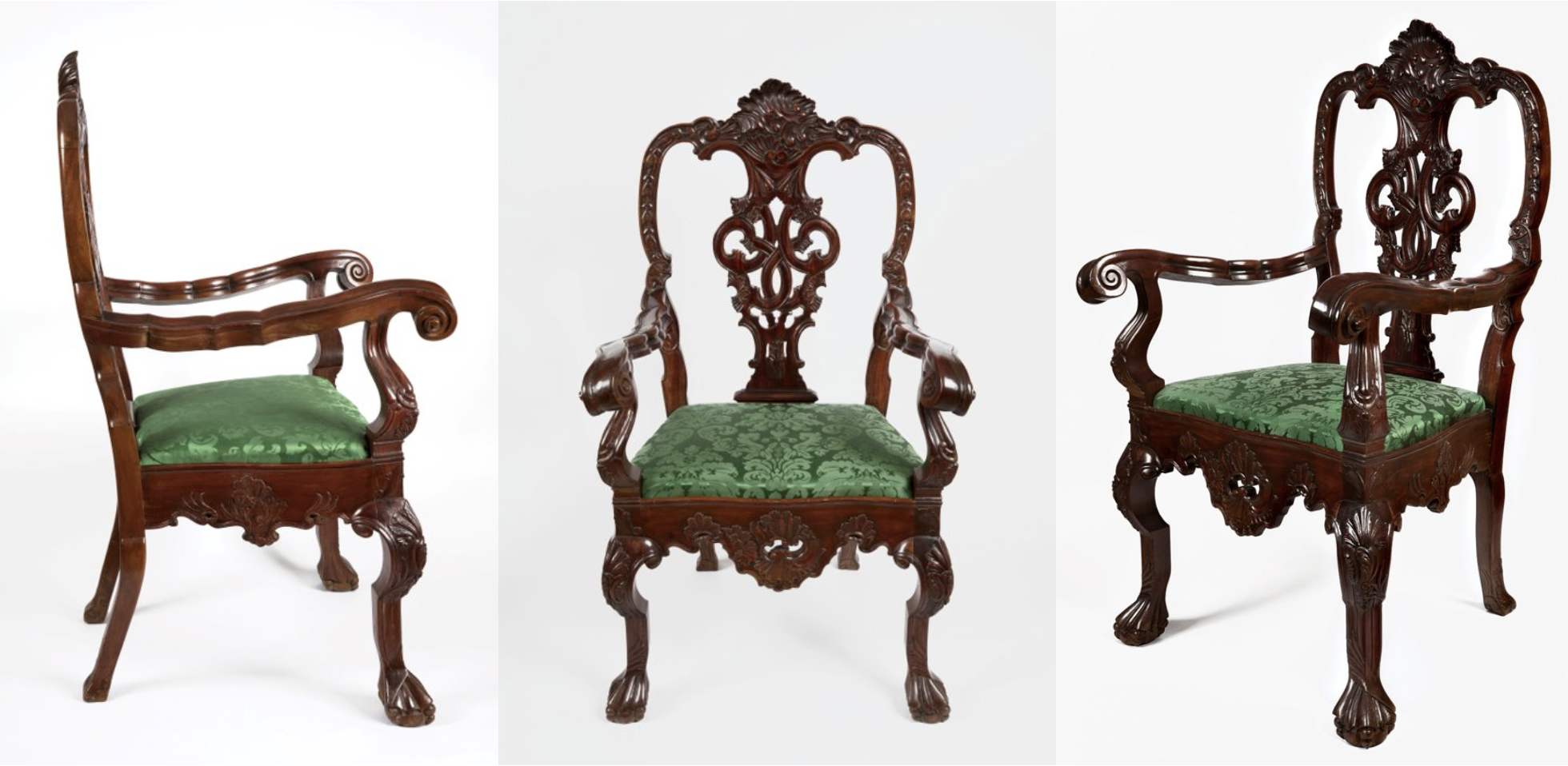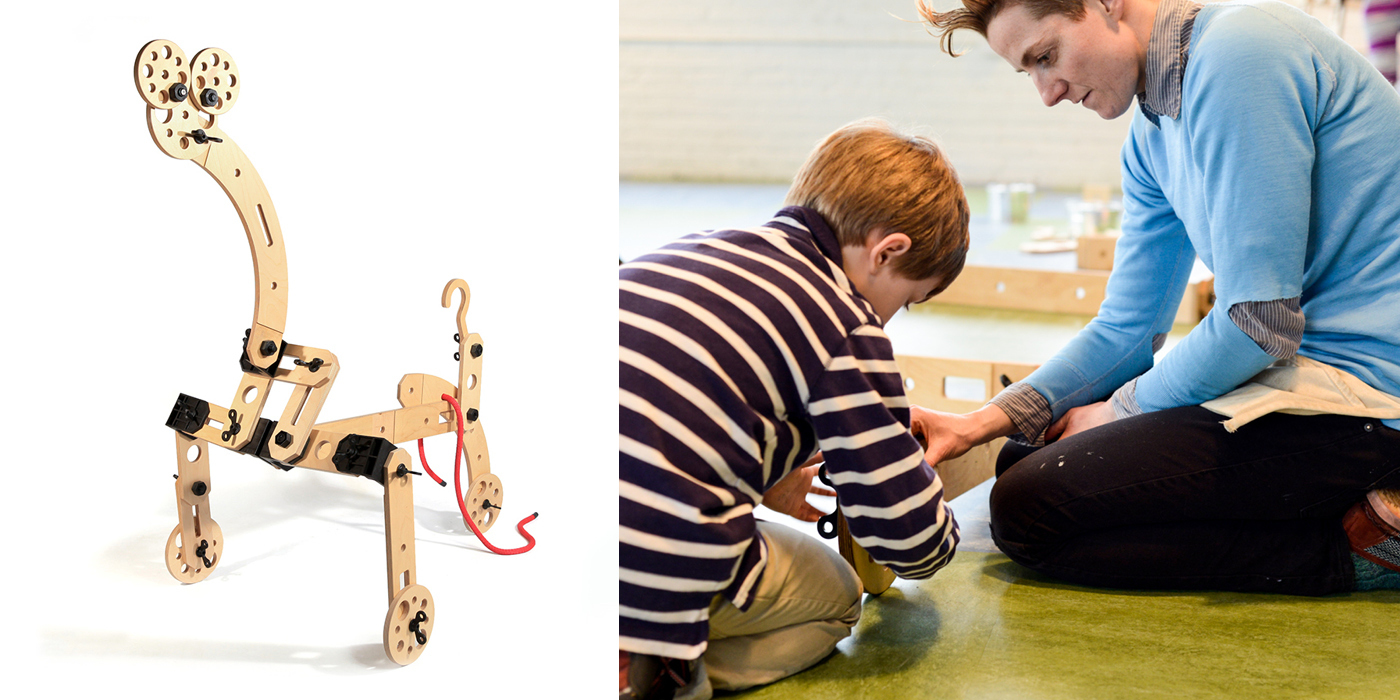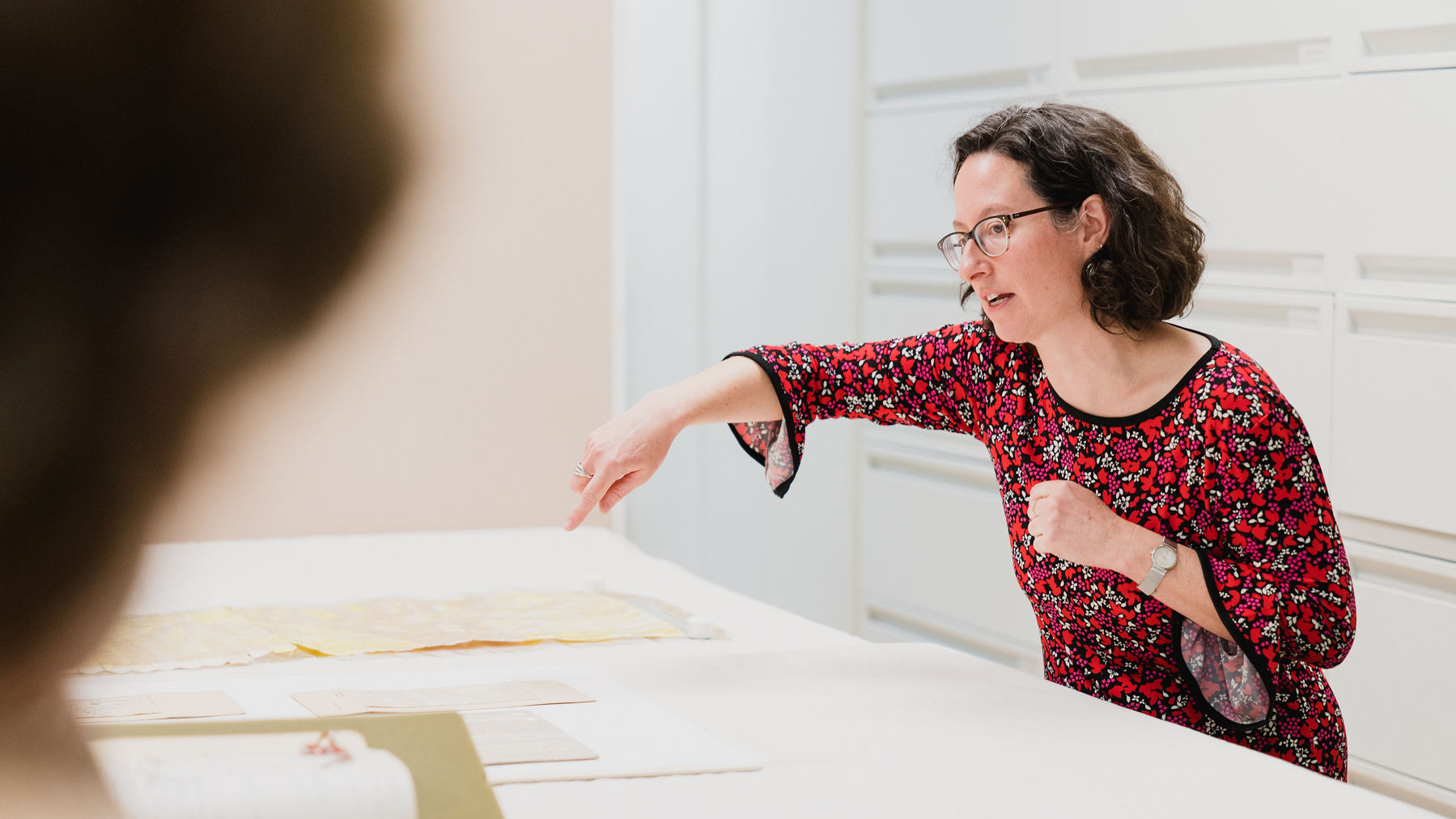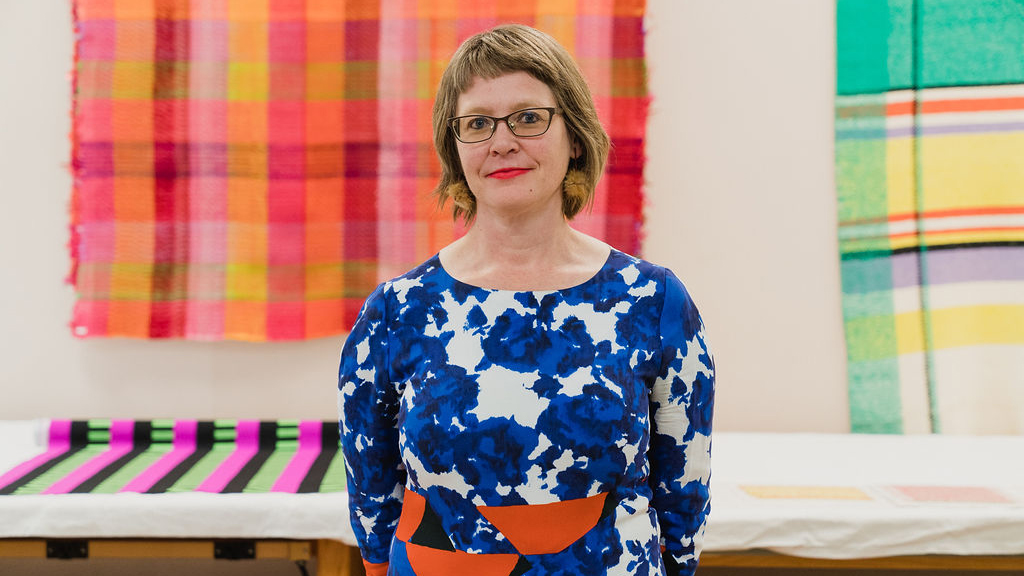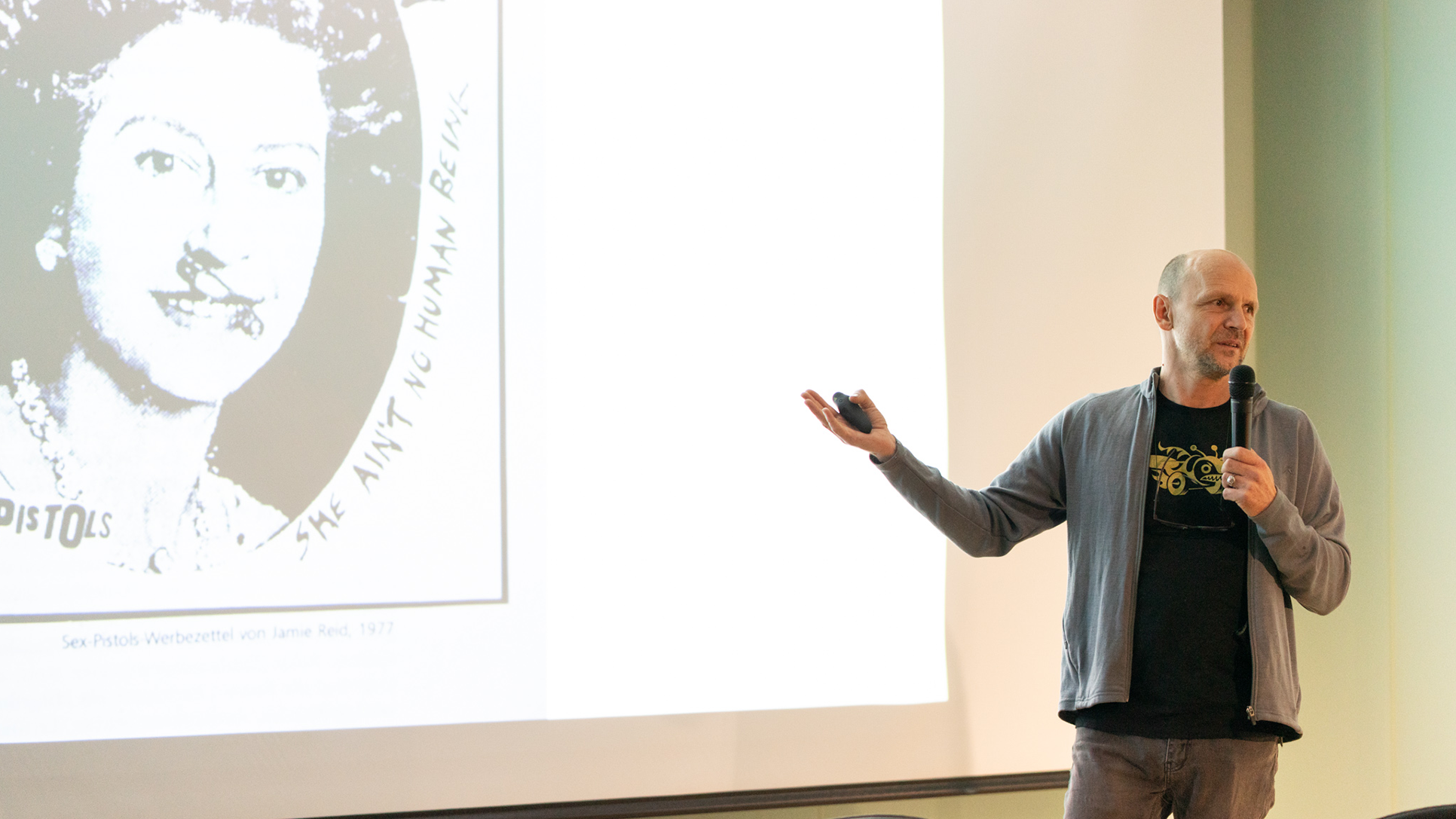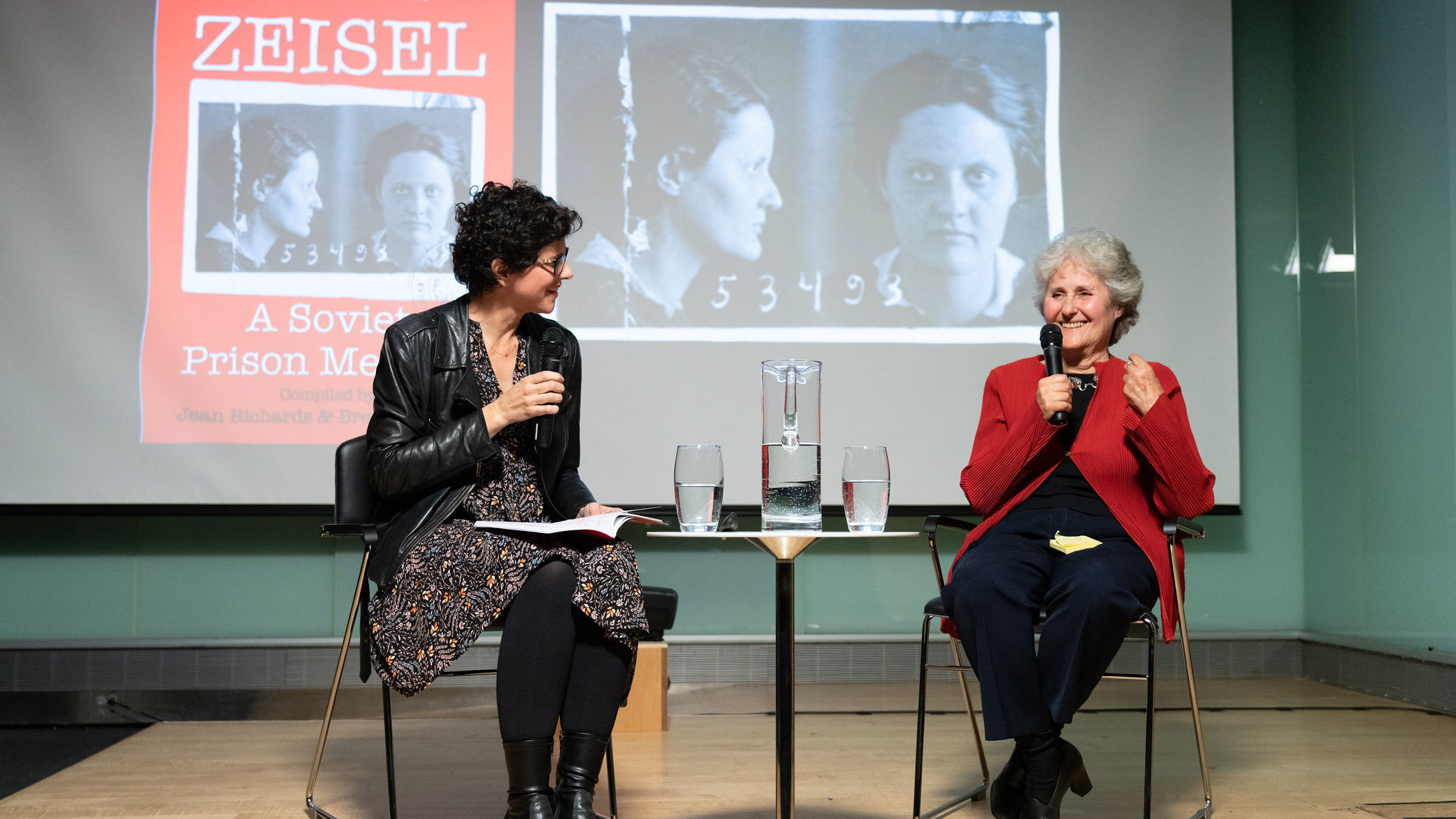The 19th-century department store and its successor, the modern mall, have continually evolved to attract and keep consumer attention for decades. Critic Alexandra Lange and Cooper Hewitt curator Emily Orr examine design’s leading role in the development and cultural impact of some of America’s most impressive shopping complexes. Sharing stories from their recent books on...
Parsons School of Design/Cooper Hewitt Master’s Program in the History of Design and Curatorial Studies During the COVID-19 pandemic, designers, cartographers, and visual journalists visualized the invisible contours of an unfolding crisis. Organizations like The New York Times and Policy Map as well as individual artists and designers tracked the spread of the virus and...
Presented in collaboration with the Letterform Archive, San Francisco What is Bauhaus typography, and why does it matter? Take a virtual tour of Letterform Archive’s exhibition Bauhaus Typography at 100, and get up close and personal with little-known works from the collection of Cooper Hewitt, Smithsonian Design Museum. Look at key pieces of graphic design...
Do you judge books by their covers? What makes you pick up a book or magazine? A successful cover design might allude to the content within its pages, invoke feelings, or communicate a powerful message. Designers make distinct choices to create this dynamic first impression and invite people to open the book. Join us for...
At the Paris World Fair of 1900, W. E. B. Du Bois used groundbreaking statistical graphics to document the accomplishments of Black Americans and life inside “the Veil” of systemic oppression. In Fall 2022, the Library of Congress will lend a selection of these rare data visualizations to Cooper Hewitt’s Deconstructing Power: W. E. B....
How do graphic designers engage with Cooper Hewitt’s own graphic design collection? Curators Caitlin Condell and Emily M. Orr welcome their recent collaborators, designers Lucinda Hitchcock and Lucienne Roberts, to discuss their experiences of interpreting the work of commercial art pioneer E. McKnight Kauffer (American, 1890-1954). Hitchcock and Roberts each drew inspiration from the museum’s...
American designer Willi Smith (1948-1987) hoped to solve what he called “the problem of getting dressed,” or the disconnect between fashion and diverse lifestyles, by using affordable, adaptable clothing as a tool to liberate people from stereotypes of race, class, sex, and gender. Smith’s brand WilliWear relied on collaborations with artists like Bill T. Jones,...
How can an archive draw a map through a nearly forgotten designer’s four-decade long career? How can an 8 x 10 inch fabric swatch embody a design era, from material choices to color palette? What role can invoices and order books play in filling in key gaps and bringing that era to life? Designer Dorothy...
Fashion, Culture, Futures: African American Ingenuity, Activism, and Storytelling is a two-part symposium co-organized by Cooper Hewitt, Smithsonian Design Museum and the Smithsonian’s National Museum of African American History and Culture. Presented virtually Thursday, June 17, and Thursday, Oct. 21, both programs bring together academics, designers, critics, models, artists, activists and others to share new...
How did road trips and X-rays lead to acquiring an exceptional eighteenth-century armchair originally made in Mexico? Journey with us to discover the design history of this fascinating object that responds to Englishman Thomas Chippendale’s influential pattern book Gentleman and Cabinet-Maker’s Director, published in 1750. While artisans from across the Atlantic adapted Chippendale’s patterns to...
Cas Holman, designer and founder of Heroes Will Rise, and Cynthia Trope, Associate Curator of Product Design and Decorative Arts, discuss Holman’s work, education, creativity, and childhood. ABOUT CAS HOLMAN Cas Holman has spent the last fifteen years immersed in play, education, and imagination. Through her company Heroes Will Rise, she designs and manufactures tools...
In mid-twentieth century San Francisco, two women explored new directions in weaving and the design of fabrics and wallcoverings. Join us to discover the works of émigré Trude Guermonprez (1910-1976), an inventive and inspiring weaver, textile designer, and teacher, and her contemporary Lanette Scheeline (1910-2001), a Bay Area native who operated a successful textile and...
Cooper Hewitt hosts RISD Museum Curator of Costume and Textiles Kate Irvin in a design talk exploring the experimental materials, novelty textures, and “vibrating” color palette in textiles generated by designer and entrepreneur Dorothy Wright Liebes (1897-1972), nationally recognized in her own time as America’s “First Lady of the looms.” Read more about Doroty Liebes....
Cooper Hewitt welcomed Wellington, New Zealand-based artist Karl Fritsch. Playful and tough, intricate and coarse, Fritsch’s avant-garde pieces challenge the concept of what jewelry, and sculpture, can be. Joined by Fritsch Jeanne Greenberg Rohaytn, owner of Salon 94 and Alexandra Cunningham Cameron, Curator of Contemporary Design. SPEAKERS Karl Fritsch began his education...
Cooper Hewitt celebrates the remarkable life and legacy of design giant Eva Zeisel (American, b. Hungary 1906–2011) with a conversation between Margaret Gould Stewart, VP of Product Design at Facebook, and Jean Richards, Eva Zeisel’s daughter. ABOUT EVA ZEISEL Eva Zeisel’s career was international in scope and spanned more than 75 years. Known for lyrical...



